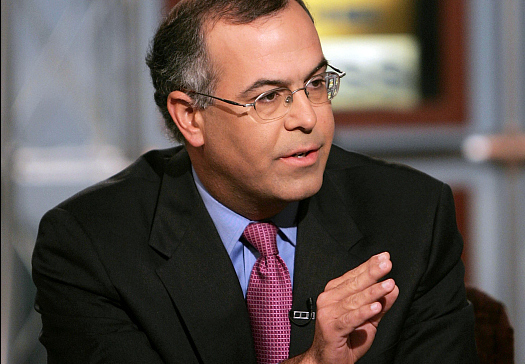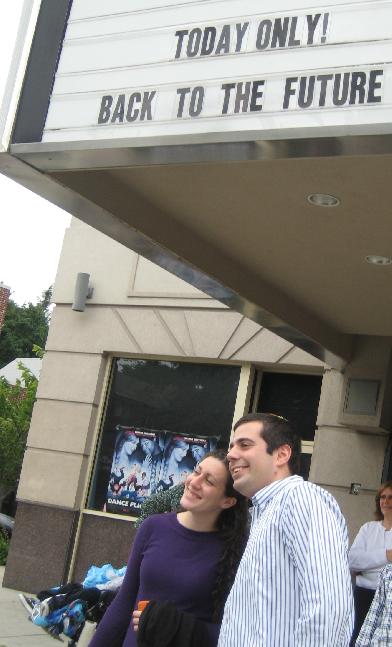This speech, sent to me by my cousin Nelly, really made my night tonight. It’s by Syracuse professor and NYTimes writer George Saunders.

I think it’s a great message we all should listen to:
Down through the ages, a traditional form has evolved for this type of speech, which is: Some old fart, his best years behind him, who, over the course of his life, has made a series of dreadful mistakes (that would be me), gives heartfelt advice to a group of shining, energetic young people, with all of their best years ahead of them (that would be you).
And I intend to respect that tradition.
Now, one useful thing you can do with an old person, in addition to borrowing money from them, or asking them to do one of their old-time “dances,” so you can watch, while laughing, is ask: “Looking back, what do you regret?” And they’ll tell you. Sometimes, as you know, they’ll tell you even if you haven’t asked. Sometimes, even when you’ve specifically requested they not tell you, they’ll tell you.
So: What do I regret? Being poor from time to time? Not really. Working terrible jobs, like “knuckle-puller in a slaughterhouse?” (And don’t even ASK what that entails.) No. I don’t regret that. Skinny-dipping in a river in Sumatra, a little buzzed, and looking up and seeing like 300 monkeys sitting on a pipeline, pooping down into the river, the river in which I was swimming, with my mouth open, naked? And getting deathly ill afterwards, and staying sick for the next seven months? Not so much. Do I regret the occasional humiliation? Like once, playing hockey in front of a big crowd, including this girl I really liked, I somehow managed, while falling and emitting this weird whooping noise, to score on my own goalie, while also sending my stick flying into the crowd, nearly hitting that girl? No. I don’t even regret that. Continue reading “Be a Little Kinder”




 sewhere describes:
sewhere describes:![Reblog this post [with Zemanta]](http://img.zemanta.com/reblog_e.png?x-id=7e38ee46-7938-45e7-8aaa-31e3c6362ddb)


![Reblog this post [with Zemanta]](http://img.zemanta.com/reblog_e.png?x-id=45c87f73-e5fd-4550-8e93-adfac8346957)

![Reblog this post [with Zemanta]](http://img.zemanta.com/reblog_e.png?x-id=f203363d-fd06-4b6c-be4a-f204253f57e0)